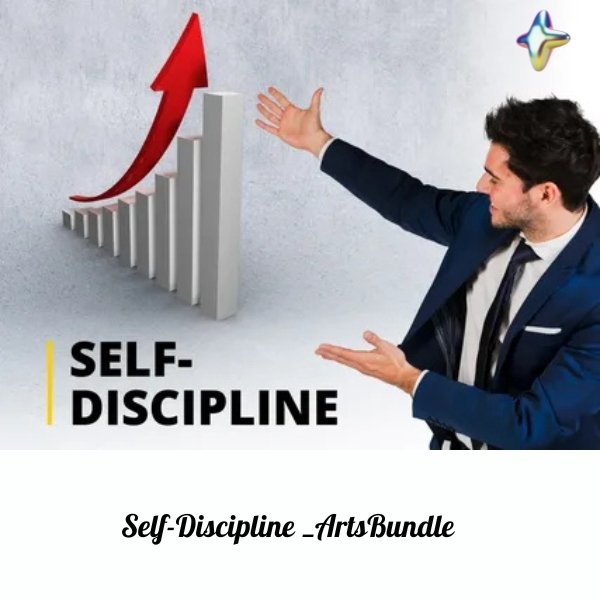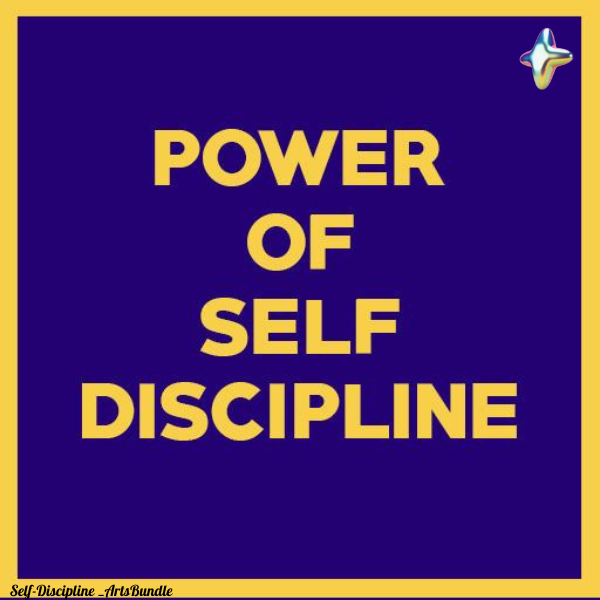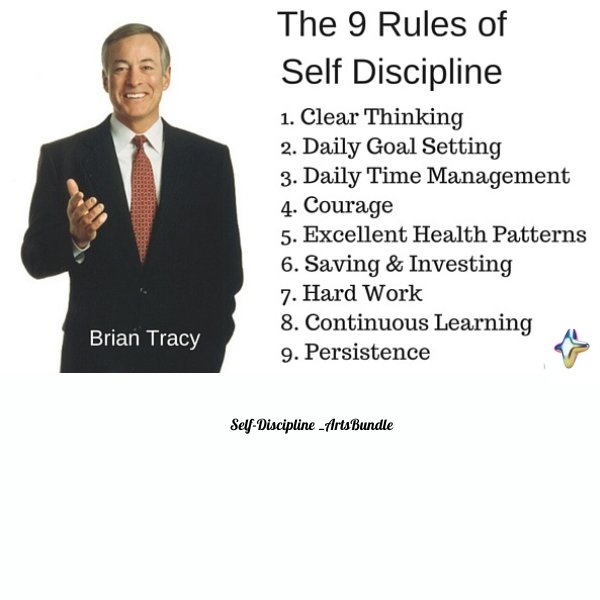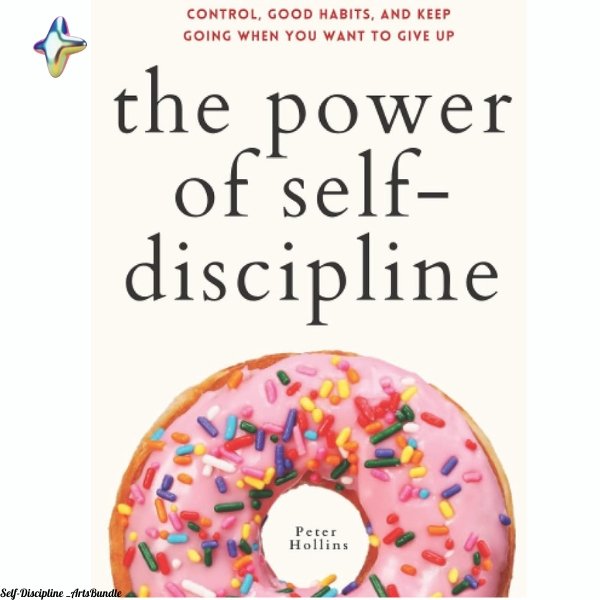Self-discipline is essential for achieving personal and work goals. Peter Hollins’ book, The Power of Self-Discipline, provides practical strategies to strengthen self-discipline and build good habits. Developing self-control requires consistent effort, but it is key to staying focused and overcoming challenges to succeed.
Understanding the Power of Self-Discipline

Self-discipline helps you reach your goals. It makes you stronger and better at making choices. Studies show it makes you happier and more fulfilled.
Getting better takes time and effort. Start by making a daily plan. This could include exercise, eating well, and enough sleep. It also helps with money management.
Some key benefits of self-discipline include:
- Improved mental toughness and resilience.
- Increased productivity and efficiency.
- Enhanced decision-making and problem-solving skills.
- Better time management and organization.
- Increased self-awareness and self-regulation.
By using self-discipline, you can handle tough times better. This leads to a more rewarding life. As you grow in discipline, you can reach your goals and feel more accomplished and happy.
| Benefits of Self-Discipline | Description |
| Improved Mental Health | Reduced stress and anxiety, improved mood |
| Increased Productivity | Improved time management, increased efficiency |
| Enhanced Decision-Making | Better problem-solving, more informed choices |
Quick-Start Self-Discipline Exercises
Building disciplined habits is key to success. “The Power of Self-Discipline” offers quick exercises to help. These are easy and can fit into your day.
Doing these exercises daily can boost your self-discipline. It also helps you stay motivated and reach your goals. Here are a few examples:
- Start your day with a positive routine.
- Make clear goals and plans to reach them.
- Practice self-discipline often to get better at it.
Remember, these habits grow over time. People with discipline are happier and achieve more. With practice and the right mindset, you can too.
Building Your Self-Discipline Toolkit

Getting discipline is key to success in life. It helps you beat obstacles and keep your eyes on the prize. Remember, no excuses is a big part of it. It means you own up to your actions and keep growing.
There are many ways to build discipline. You can start with morning routines, use self-control at work, and wind down in the evening. These habits help you reach your goals and feel better overall.
Morning Routine Exercises
Begin your day with a routine. It can be meditation, journaling, or exercise. This sets a good mood for the day.
Workplace Self-Control Techniques
Stay focused at work with self-control. Break tasks into steps, set goals, and avoid putting things off. This keeps you on track.
Evening Wind-Down Practices
End your day with a calm routine. Reading, a warm bath, or gentle stretches can help. They get you ready for tomorrow.
Use these routines every day. They help you build discipline and reach your goals. And remember, no excuses for your actions.
Measuring Your Self-Discipline Progress
It’s important to track how well you’re doing with discipline. This helps you see what’s working and what needs work. By using discipline, you can reach your goals and grow stronger.
Studies show that setting clear goals helps a lot. Specific, measurable, achievable, realistic, and time-bound goals work best. To keep track, try these ideas:
- Use a journal or app to log your daily progress.
- Set reminders to check and change your goals often.
- Enjoy small wins to stay motivated.
Using these methods can help you get better at it Remember, discipline is key to beating challenges and keeping going.
Overcoming Common Self-Discipline Challenges

Getting better at self-discipline is key to success. No excuses the power of self-discipline by Brian Tracy, says we can do it by not making excuses.
To beat common discipline hurdles, we can try different things like making plans and setting clear goals. The power of self-discipline—no excuses – is to own up to our actions and not make excuses. This helps us reach our goals.
Also read: It Begins with You: The 9 Hard Truths About Love Review
Dealing with Temptation
Handling temptation is a big challenge. To tackle it, we can delay our wants and make a daily plan. Studies show that waiting can help us succeed up to 50% more.
Bouncing Back from Setbacks
Getting back up after falling is hard. But we can do it by making plans and setting goals. Stats show that sharing goals with someone else makes us more likely to succeed by 85%.
Creating Accountability Systems
Having someone to answer to is key to beating self-discipline challenges. We can share our goals and track our progress. Research shows that a daily routine can make us 25% more productive.
Here are some ways to make accountability systems work:
- Share your goals with someone you trust.
- Keep track of your progress and set deadlines.
- Stick to a daily routine.
Finally, self-discipline is the key to reaching your full potential. The Power of Self-Discipline by Brian Tracy shows that small daily habits, like a morning routine, help build self-control. Understanding how habits work makes it easier to avoid distractions and stay focused. Just 10-21 minutes of practice each day can improve productivity and success. Start using self-discipline, and you’ll see positive changes in your life.
What is the power of self-discipline?
It is key to reaching personal and work goals. It helps you control yourself and stick to good habits. Even when things get tough, you keep going.
What are the quick-start discipline exercises recommended in the book?
“The Power of Self-Discipline” offers simple exercises for daily routines. These help build habits, boost motivation, and reach goals.
What are the key components of the discipline toolkit?
A good toolkit includes morning, work, and evening routines. Using these and a “no excuses” mindset helps you stay disciplined. This way, you can reach your goals.
How can measuring discipline progress help maintain momentum?
Tracking your progress is vital for improving discipline. It helps you refine your strategies and stay on track. This way, you can keep moving forward and succeed.
What are some common discipline challenges, and how can they be overcome?
Challenges include fighting temptation, bouncing back, and staying accountable. By using the strategies in the book, you can beat these hurdles. This helps you build strong self-discipline.





